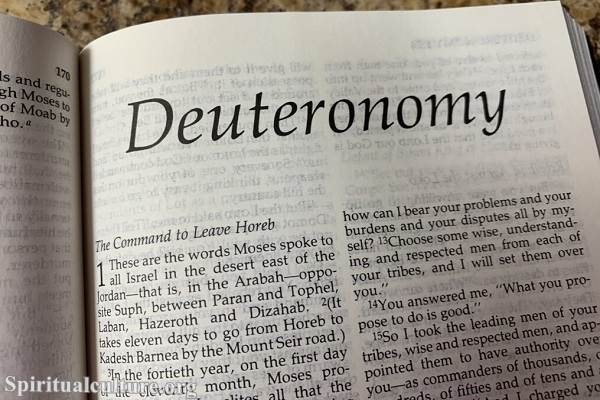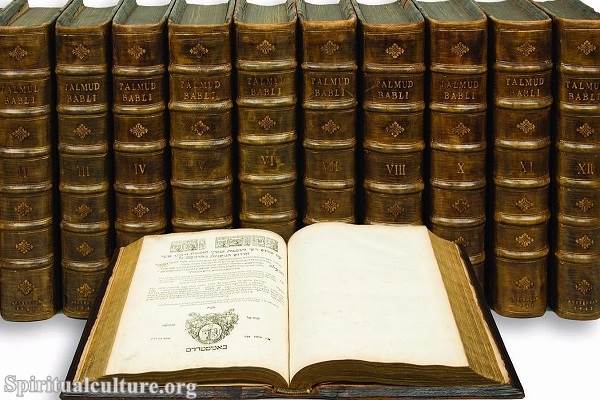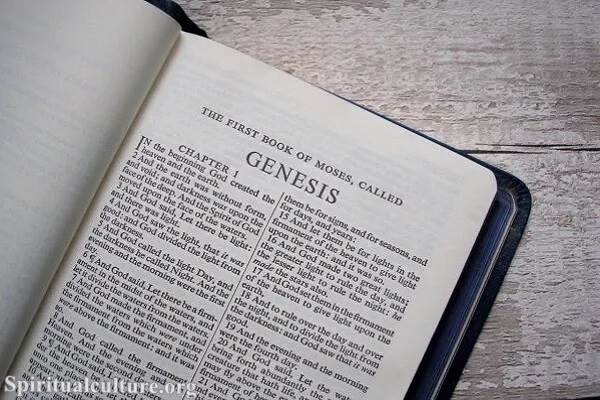The Book of Deuteronomy, the fifth book in the Torah, is a cornerstone of Judaism. It is a book that is both historical and prophetic, serving as a guide for the moral, spiritual, and societal conduct of the Jewish people. In this article, we will delve into the importance of the Book of Deuteronomy in Judaism and its relevance to the faith.
The Book of Deuteronomy in Judaism
The Book of Deuteronomy, known in Hebrew as Devarim, meaning “words,” is a vital part of the Torah, the Jewish religious text. It is the final book in the Pentateuch, the five books of Moses. In Judaism, the Book of Deuteronomy serves as a guidebook for ethical living and societal governance. It consists of three sermons or speeches delivered by Moses to the Israelites before they entered the Promised Land.

The book covers a broad range of topics, including laws, the responsibilities of the leaders, and the consequences of disobedience. It also reiterates the Ten Commandments and the Shema, a central prayer in Judaism, affirming the oneness of God.
The Book of Deuteronomy, as part of the Torah, is read in synagogues throughout the year in a cyclical manner. This continuous reading ensures that the teachings remain fresh in the minds of the Jewish community. The book is also the source of the Haftarah portions, additional readings from the Prophets, read after the Torah reading on Shabbat and Jewish holidays.
Influence of the Book of Deuteronomy
The Book of Deuteronomy has had a profound influence on Jewish thought and practice. Its teachings have shaped the moral, ethical, and societal norms of Judaism. It elaborates on the importance of justice, compassion, and the adherence to a set of laws that govern both personal and communal conduct.
The book Deuteronomy also emphasizes the importance of remembering the past and learning from it. It recounts the journey of the Israelites from Egypt to the brink of the Promised Land, reminding the Jewish people of their history and their covenant with God.
The book’s teachings have influenced Jewish law, theology, and ethics. It has also played a significant role in shaping the Jewish understanding of monotheism, the belief in one God. The Shema, which is found in Deuteronomy, is considered the most important prayer in Judaism and is recited twice daily by observant Jews.
The Book of Deuteronomy Today
Today, the Book of Deuteronomy continues to hold a significant place in Jewish life. Its teachings remain relevant, guiding Jews in their daily lives and shaping their understanding of their faith. The book’s emphasis on social justice, compassion, and the importance of remembering the past resonate with contemporary issues, making it a timeless guide for ethical living.
In conclusion, the Book of Deuteronomy is much more than a historical text for Judaism. It is a guidebook for ethical and societal behavior, a reminder of the covenant between God and the Israelites, and a foundation for Jewish thought and practice. Its teachings continue to influence Jewish life, emphasizing the importance of justice, compassion, and adherence to the law. As such, the Book of Deuteronomy remains a vital part of Judaism, its teachings as relevant today as they were thousands of years ago.




